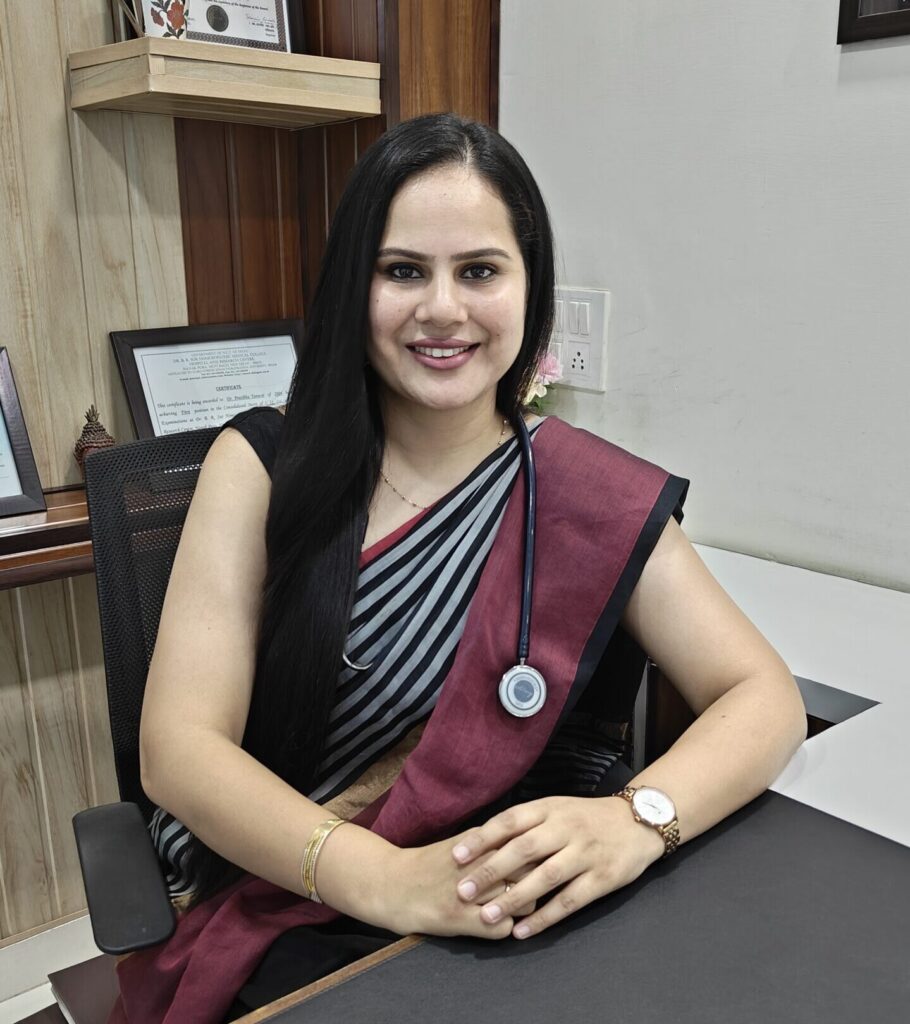If you suffer from migraine headaches, you know that they can be very painful and last hours, even days. The pulsing one-sided pain, possible nausea and vomiting, blurred vision, and light and sound sensitivity can be debilitating. Fortunately, you can treat migraines naturally and with medications. You can also learn to avoid headache triggers.
Distinguish migraine symptoms from other headaches. Before trying to treat a migraine, you want to be sure you really do have a migraine and not another type of headache. Migraines generally occur as throbbing pain on one side of your head along with nausea or vomiting, and/or noise and light sensitivity, though it is possible to have a migraine and experience no head pain. You may experience forewarning signs an hour or two before the migraine, such as blind spots, auras, flashing lights, weakness, tingling, or even difficulty speaking.They usually last from four to 72 hours and feel worse when you’re being active. Know the basic features of other types of headaches, and consider whether your symptoms seem more like a migraine:
Visit your doctor If you suffer from frequent or severe headache visit your doctor. This doctor can diagnose your headaches by doing a physical exam, talking to you about your symptoms, and discussing your family history. This is usually enough to diagnose migraines or other types of headaches. If your headaches are severe or abnormal, they may rarely have you do more testing such as:
Know the warning signs of an emergency. Even if you get migraines frequently, don’t ignore the warning signs of a more serious problem. Some types of headaches can indicate dangerous medical conditions. See your doctor right away if you experience any of these symptoms:
Avoid food triggers and eat regular meals. Fasting or skipping a meal can trigger a migraine in some people. Aged cheese and salty and processed food may also be triggers. Decrease salt in your diet by avoiding potato chips and other snack aisle foods, and seasoning your meals with spices and herbs instead of table salt. Avoid frozen and pre-packaged meals, as well as fast food.
Minimize your alcohol intake. Drinking alcohol, especially wine, can trigger migraines. Stop drinking alcohol or limit your intake to moderate amounts – 1 glass a day for women and men over 65, and 2 glasses a day for men under 65 is considered “moderate.
Avoid drinking lots of caffeine. Highly caffeinated beverages like espresso drinks and energy drinks may trigger migraines due to the “caffeine crash” a few hours later.A sudden drop in caffeine level is potentially a migraine trigger. If possible, drink tea instead of coffee, and try to keep your caffeine to a minimum to avoid the crash.
Set a regular sleep schedule. For some people, migraines are triggered when they change their sleep habits and get too little, or even too much, sleep. If you’re prone to migraines, set a regular bedtime and wake time for yourself so you get approximately 8 hours of sleep nightly.
Keep a headache journal. It can be difficult to determine your triggers unless you pay careful attention and write things down. Keep a journal, and when you have a headache note what you did that day, what you ate in the last 12 hours, and any other stimuli you encountered (someone’s strong perfume, only getting five hours of sleep, etc.). This may help you recognize patterns so you can avoid triggers in the future.
Having massive years of experience and knowledge in the homeopathic field. She has specialized in skin & hair treatment, & diabetes, and treatment of other chronic diseases.
We are one of the Best Homeopathic Clinics in Delhi, India with 100% result oriented.
WhatsApp us

Dr. Pratibha Tanwar